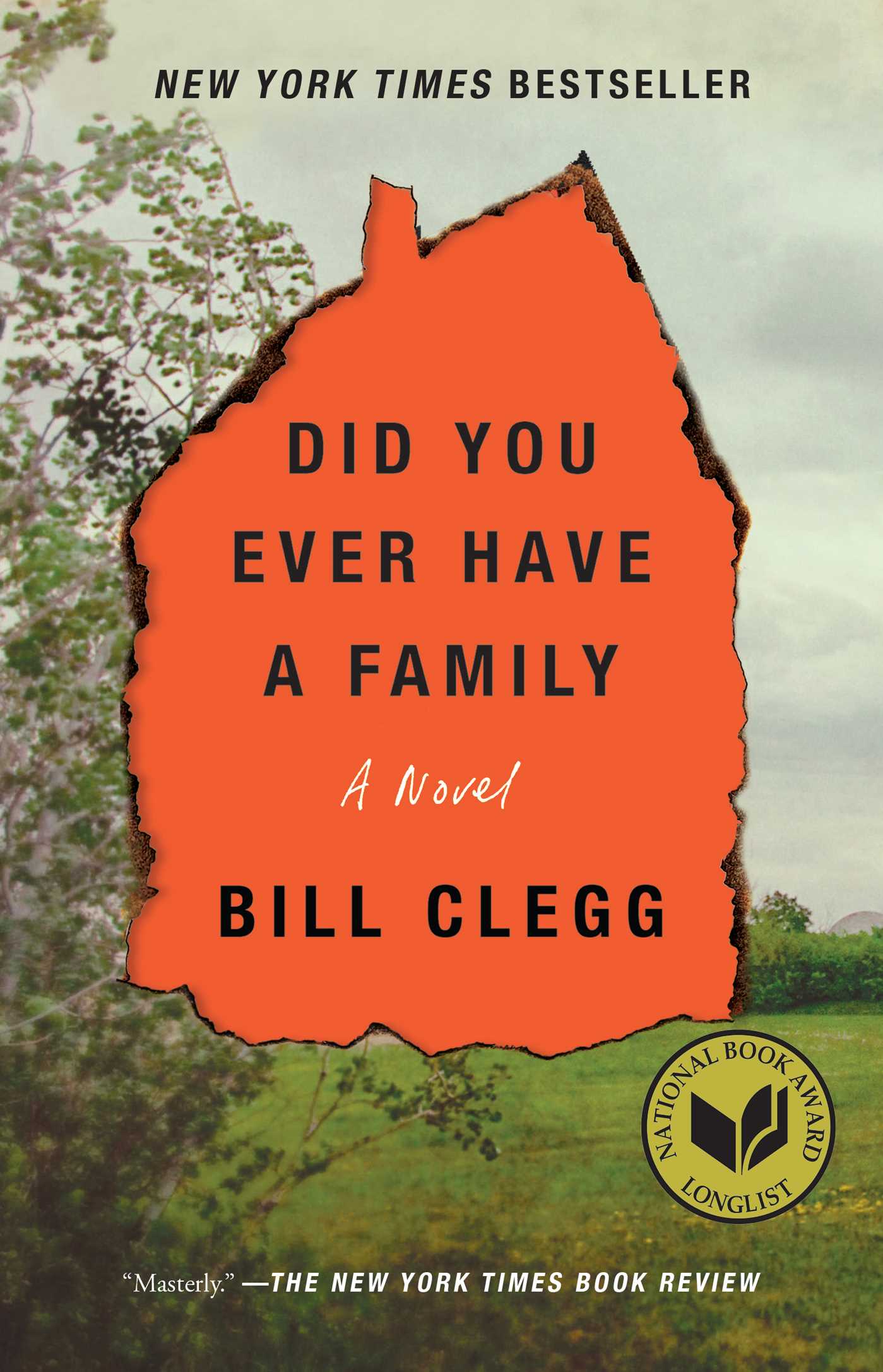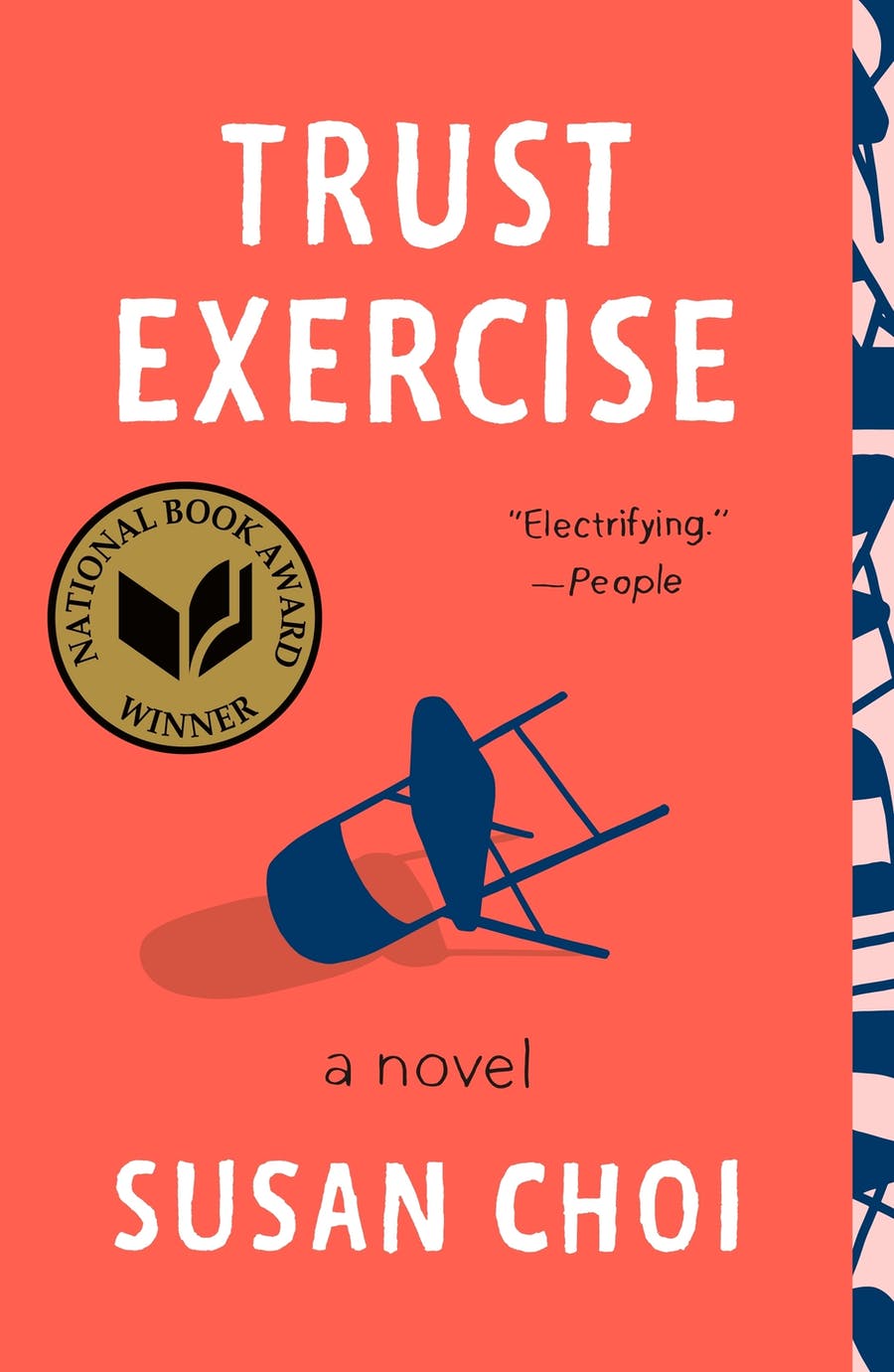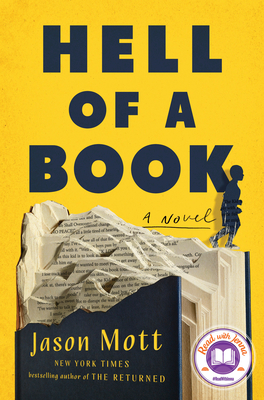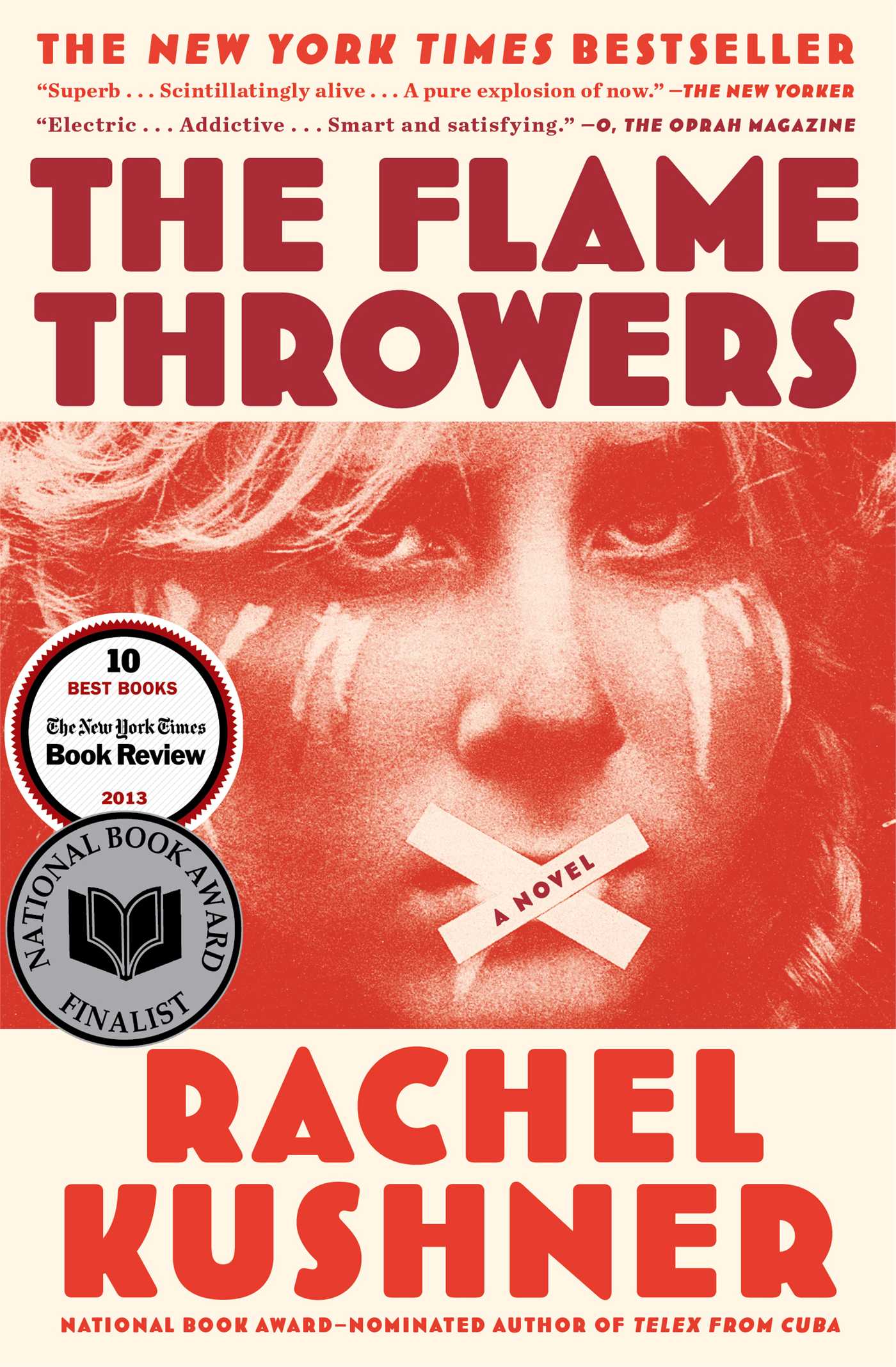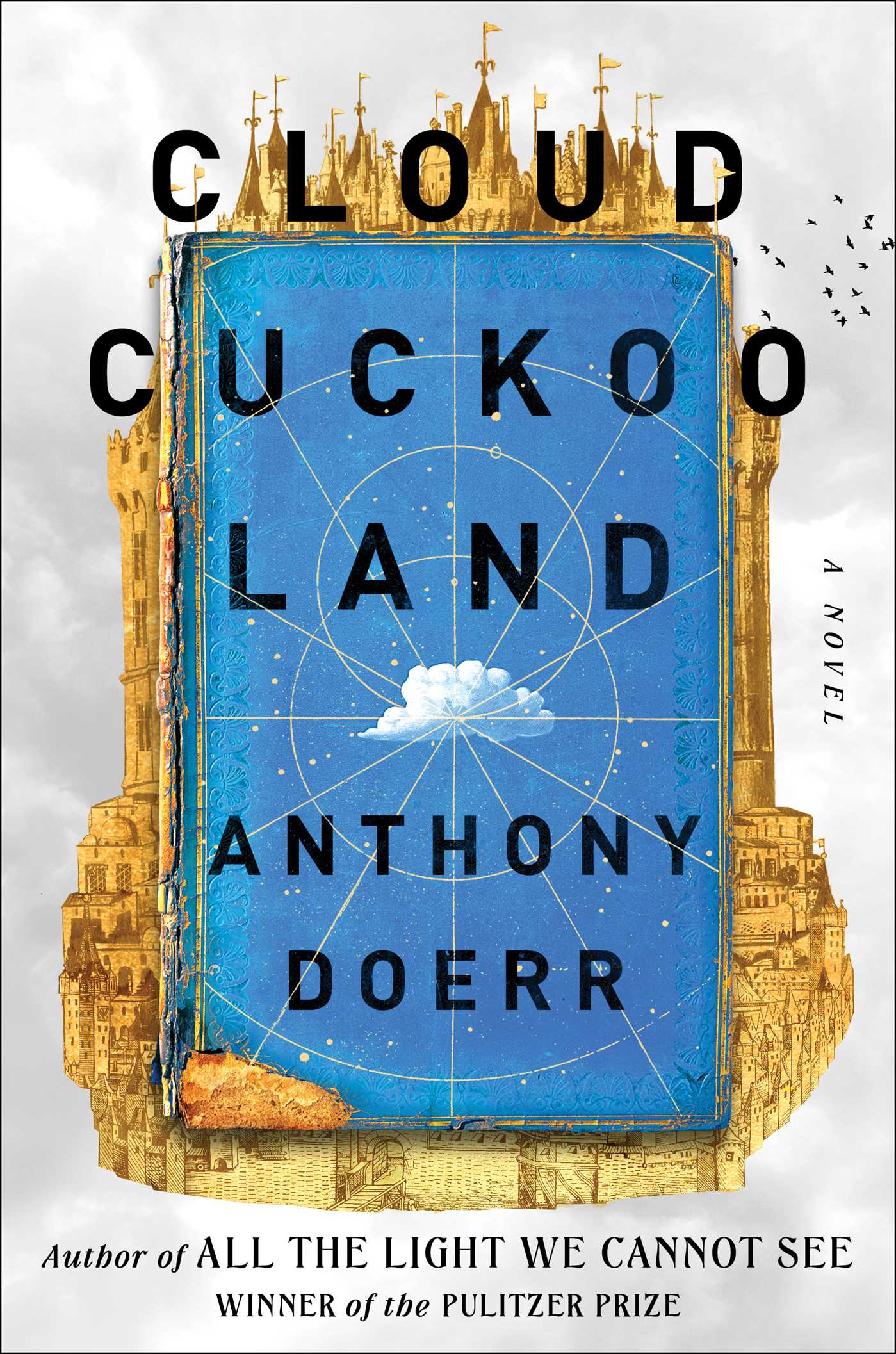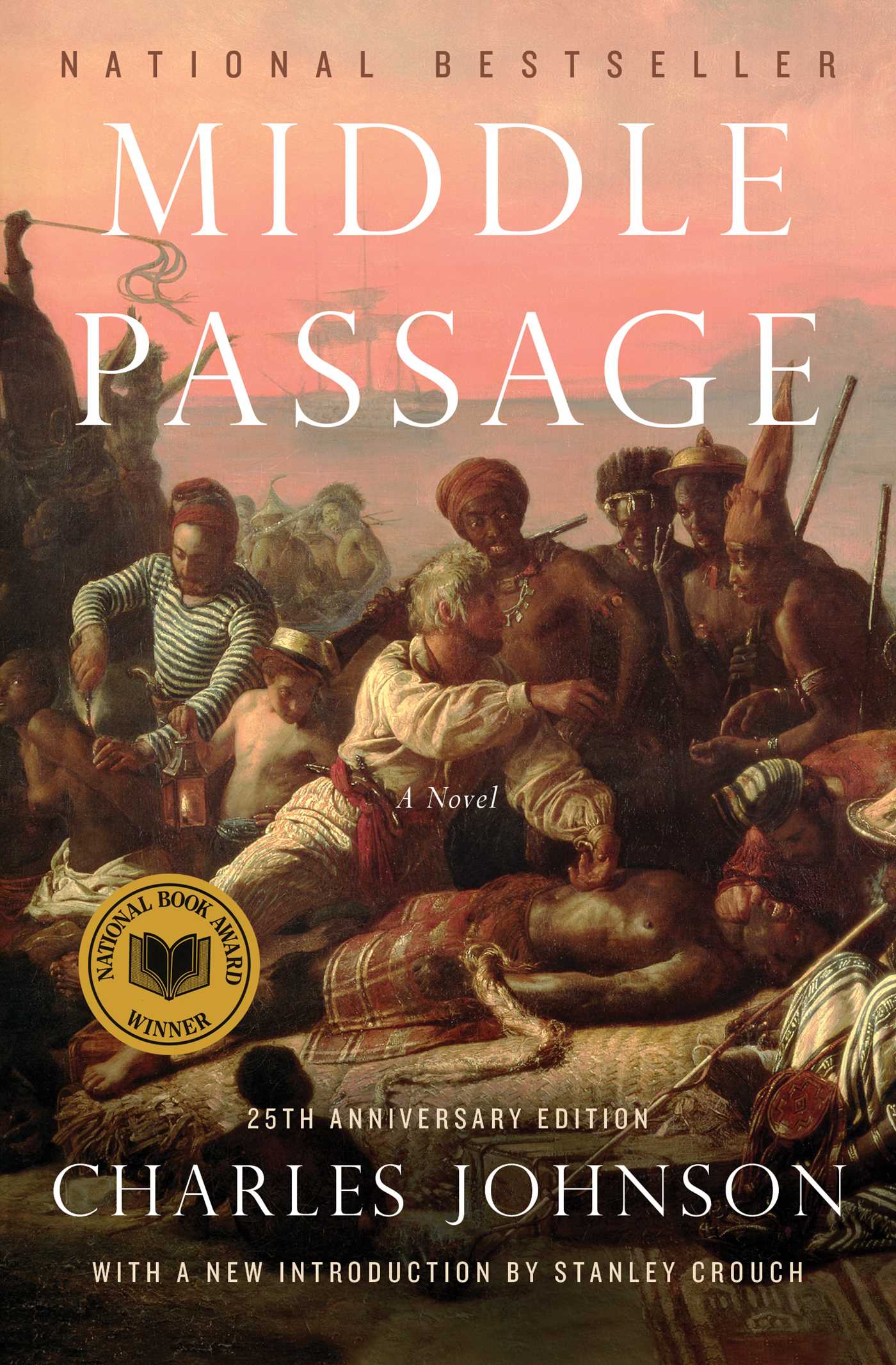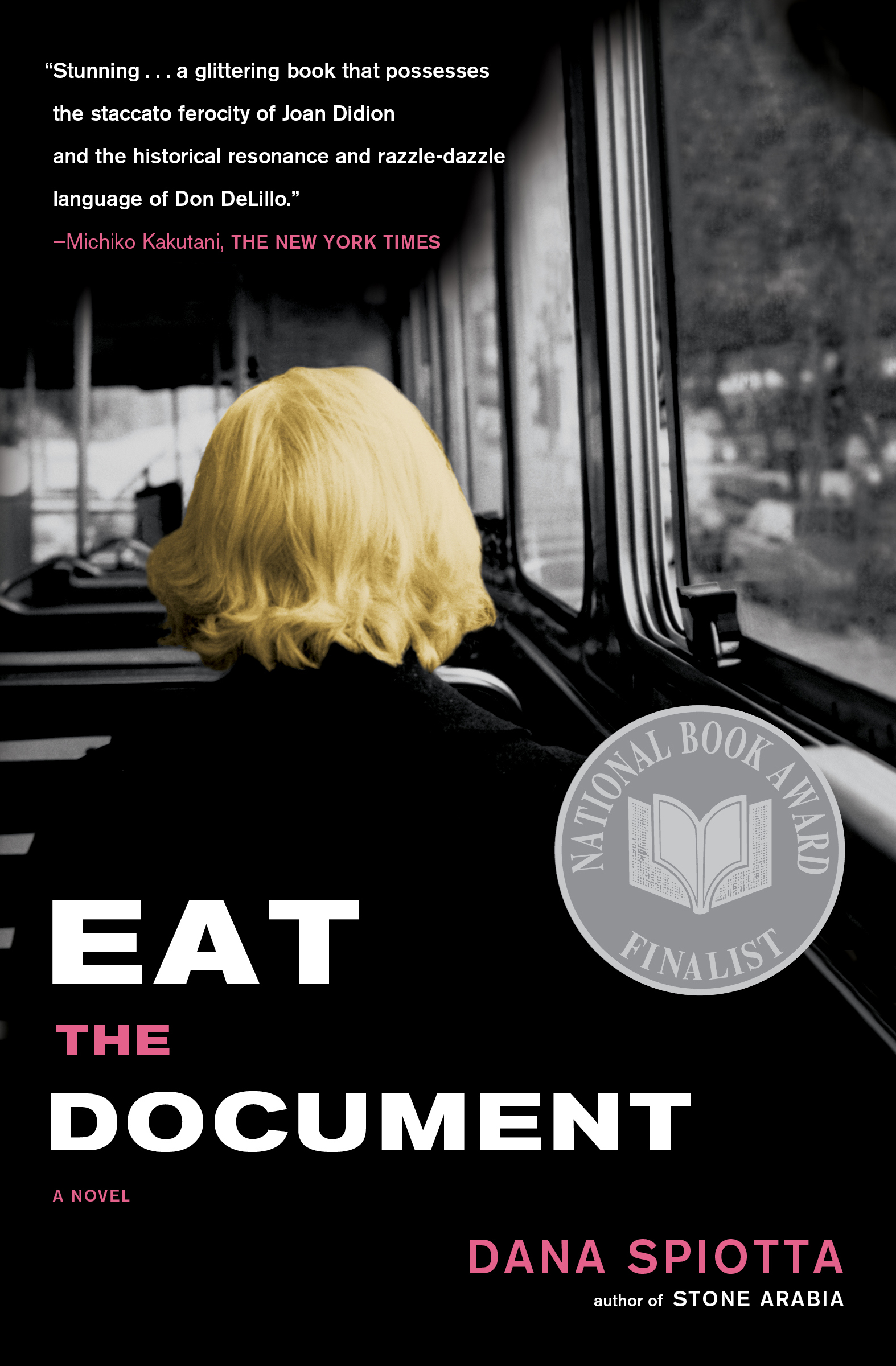The National Book Awards are coming up on November 17, 2021, and I can’t wait! Each year, a judge panel selects the longlist of ten titles per category, which is then narrowed to five finalists in each category. Out of those, the winners are announced at an awards ceremony hosted by the National Book Foundation. It’s always considered a massive honor even to be nominated for the National Book Awards, as it’s a celebration of the best writing in America. So if you’re wondering what kinds of amazing books make the list, I’ve put together a roundup of some of my favorites for you! Check out these must-reads that have made the longlist, finalists, and winners—from 2021 and years past.

10 National Book Award–Nominated Books I Highly Recommend
This stunning debut novel from Bill Clegg asks a horrific question: What if your closest loved ones were killed? The character June Reid grapples with just that. A shocking disaster takes the lives of her daughter, her daughter’s fiancé, her ex-husband, and her boyfriend. While she is shell-shocked and filled with grief, a community emerges around her, showing the beautiful connections one can find through heartbreak. I cried my eyes out reading this, so I recommend having tissues handy!
DID YOU EVER HAVE A FAMILY asks how one goes on after the worst happens. This tender novel shows how we are all connected and how that very connection is the basis for redemption and hope. We won’t lie; you might need Kleenex for this one.
MENTIONED IN:
TRUST EXERCISE gripped me from the very beginning. Set at a highly competitive performing arts high school, two freshmen fall headlong into love, and their passion does not go unnoticed―or untoyed with―by anyone, especially not by their charismatic acting teacher, Mr. Kingsley. This teenage romance quickly goes sour, setting off a series of events with a shocking twist in the middle. I fell in love with Choi’s experimental structure. She brilliantly plays with time and point of view to explore fact, fiction, trust, and the power adults have over minors.
Anna Kerrigan, nearly twelve years old, accompanies her father on his visit to the home of Dexter Styles, a man whom she sees as crucial to the survival of her family. She is mesmerized by the sea beyond his house and by the electrifying mystery between the two men. Years later, her father has disappeared, and the country is at war. One evening at a nightclub, Anna meets Dexter Styles again and begins to understand the complexity of her father’s life and the reasons he might have vanished. Told from varying point of views, Egan uses a blend of realism and poetic language, which took me on an unforgettable reading experience.
NEW YORK TIMES BESTSELLER • A New York Times Notable Book
Winner of the Andrew Carnegie Medal for Excellence in Fiction
The daring and magnificent novel from the Pulitzer Prize–winning author.
Named One of the Best Books of the Year by NPR, Esquire, Vogue, The Washington Post, The Guardian, USA TODAY, and Time
Anna Kerrigan, nearly twelve years old, accompanies her father to visit Dexter Styles, a man who, she gleans, is crucial to the survival of her father and her family. She is mesmerized by the sea beyond the house and by some charged mystery between the two men.
Years later, her father has disappeared and the country is at war. Anna works at the Brooklyn Naval Yard, where women are allowed to hold jobs that once belonged to men, now soldiers abroad. She becomes the first female diver, the most dangerous and exclusive of occupations, repairing the ships that will help America win the war. One evening at a nightclub, she meets Dexter Styles again, and begins to understand the complexity of her father’s life, the reasons he might have vanished.
“A magnificent achievement, at once a suspenseful noir intrigue and a transporting work of lyrical beauty and emotional heft” (The Boston Globe), “Egan’s first foray into historical fiction makes you forget you’re reading historical fiction at all” (Elle). Manhattan Beach takes us into a world populated by gangsters, sailors, divers, bankers, and union men in a dazzling, propulsive exploration of a transformative moment in the lives and identities of women and men, of America and the world.
MENTIONED IN:
If you’re looking for a book that will shock you at every turn, pick up HELL OF A BOOK. This story explores racism and police violence by braiding three narratives together: a Black author setting out on a cross-country publicity tour; a young Black boy living in a rural town in the recent past; and a possibly imaginary child who appears to the author on his tour. Readers also follow a shooting that keeps playing over and over again on the news. I truly never knew what was going to happen next, and the story left me thinking about racism in a deeper context.
Set in the mid-1970s, THE FLAMETHROWERS follows a young artist through New York and Rome. Filled with motorcycles and adrenaline, this riveting story is an engaging exploration of the art scene, labor exploitation, and self-righteous radicalism. The plot follows a zigzag structure, which made me unable to put this book down because I never knew where the story was going to go next. I won’t give away any spoilers, but I will say the ending was absolutely shocking!
An ambitious literary novel set in Rome, New York, and the desert of the American West in the late 1970s, The Flamethrowers captures the idealism and hypocrisy of art, politics, and violence. A National Book Award finalist and selected as one of the ten best books of 2013 by The New York Times, it confirmed Rachel Kushner’s emerging reputation as a writer of spectacular talent and imagination.
MENTIONED IN:
EVIDENCE OF THINGS UNSEEN describes America at the brink of the Atomic Age through the lens of a love story between the main characters, Fos and Opal. The two are fascinated with science and things that glow. However, Opal falls ill with radiation poisoning, which causes Fos’s faith in science to desert him. This heartbreaking and powerful story made me question the safety of our future as a human race, and it is extremely relevant to today’s political climate.
This poetic novel, by the acclaimed author of John Dollar, describes America at the brink of the Atomic Age. In the years between the two world wars, the future held more promise than peril, but there was evidence of things unseen that would transfigure our unquestioned trust in a safe future.
Fos has returned to Tennessee from the trenches of France. Intrigued with electricity, bioluminescence, and especially x-rays, he believes in science and the future of technology. On a trip to the Outer Banks to study the Perseid meteor shower, he falls in love with Opal, whose father is a glassblower who can spin color out of light.
Fos brings his new wife back to Knoxville where he runs a photography studio with his former Army buddy Flash. A witty rogue and a staunch disbeliever in Prohibition, Flash brings tragedy to the couple when his appetite for pleasure runs up against both the law and the Ku Klux Klan. Fos and Opal are forced to move to Opal’s mother’s farm on the Clinch River, and soon they have a son, Lightfoot. But when the New Deal claims their farm for the TVA, Fos seeks work at the Oak Ridge Laboratory—Site X in the government’s race to build the bomb.
And it is there, when Opal falls ill with radiation poisoning, that Fos’s great faith in science deserts him. Their lives have traveled with touching inevitability from their innocence and fascination with "things that glow" to the new world of manmade suns.
Hypnotic and powerful, Evidence of Things Unseen constructs a heartbreaking arc through twentieth-century American life and belief.
Selected as a 2021 finalist, CLOUD CUCKOO LAND is one of the most unique books I’ve ever read. This dynamic novel is split among five different point of views and three different periods: Constantinople in the fifteenth century, a small town in present-day Idaho, and an interstellar ship decades from now. Pulitzer Prize–winning author Anthony Doerr writes about children at precarious points in history who find solace in reading. Written with elegant, carefully constructed prose, this novel is a celebration of libraries and how books can connect us with the past, present, and future.
From the Pulitzer Prize–winning author of All the Light We Cannot See, perhaps the most bestselling and beloved literary fiction of our time, comes a triumph of imagination and compassion, a soaring novel about children on the cusp of adulthood in a broken world, who find resilience, hope, and story.
The heroes of Cloud Cuckoo Land are trying to figure out the world around them: Anna and Omeir, on opposite sides of the formidable city walls during the 1453 siege of Constantinople; teenage idealist Seymour in an attack on a public library in present day Idaho; and Konstance, on an interstellar ship bound for an exoplanet, decades from now. Like Marie-Laure and Werner in All the Light We Cannot See, Anna, Omeir, Seymour, and Konstance are dreamers and outsiders who find resourcefulness and hope in the midst of peril.
An ancient text—the story of Aethon, who longs to be turned into a bird so that he can fly to a utopian paradise in the sky—provides solace and mystery to these unforgettable characters. Doerr has created a tapestry of times and places that reflects our vast interconnectedness—with other species, with each other, with those who lived before us and those who will be here after we’re gone.
Dedicated to “the librarians then, now, and in the years to come,” Cloud Cuckoo Land is a hauntingly beautiful and redemptive novel about stewardship—of the book, of the Earth, of the human heart.
MENTIONED IN:
In 1830, Rutherford Calhoun, a newly freed slave, is desperate to escape bill collectors and an impending marriage. As a result, he jumps aboard the first boat leaving New Orleans, a slave ship en route to collect members of a legendary African tribe, the Allmuseri. Charles Johnson has a knack for blending comedy and seriousness within his prose. He seamlessly creates a multifaceted novel with evocative characters, which I was unable to put down.
This moving novel highlights the connections between the language, technology, music, and activism within two different eras. The story line begins during the 1970s—Bobby DeSoto and Mary Whittaker organize a series of radical protests against the Vietnam War. However, after a failed bombing plot, the course of their lives is forever changed, and they never see each other again. Time then flashes forward to the 1990s: Mary is living in the suburbs with her fifteen-year-old son and begins to debate turning herself in. I admired how Spiotta’s lyrical, immersive writing style made each character feel vividly, deeply human.
Nafissa Thompson-Spires tackles race, class, and identity politics in this inventive short story collection. Each story is connected through a common theme: middle-class Black characters in historically white spaces. Some are filled with dark humor, while others are touching and tragic. It’s truly impressive that Thompson-Spires could build such multidimensional characters within a short space—each one felt intensely real and propelled me through each story.
*Winner of the PEN Open Book Award*
*Winner of the Whiting Award*
*Longlisted for the 2018 National Book Award and Aspen Words Literary Prize*
*Nominated for the PEN/Robert W. Bingham Prize*
*Finalist for the Kirkus Prize and Los Angeles Times Book Prize*
Included in Best Books of 2018 Lists from Refinery29, NPR, The Root, HuffPost, Vanity Fair, Bustle, Chicago Tribune, PopSugar, and The Undefeated.
In one of the season’s most acclaimed works of fiction—longlisted for the National Book Award and winner of the PEN Open Book Award—Nafissa Thompson-Spires offers “a firecracker of a book...a triumph of storytelling: intelligent, acerbic, and ingenious” (Financial Times).
Nafissa Thompson-Spires grapples with race, identity politics, and the contemporary middle class in this “vivid, fast, funny, way-smart, and verbally inventive” (George Saunders, author of Lincoln in the Bardo) collection.
Each captivating story plunges headfirst into the lives of utterly original characters. Some are darkly humorous—two mothers exchanging snide remarks through notes in their kids’ backpacks—while others are devastatingly poignant. In the title story, when a cosplayer, dressed as his favorite anime character, is mistaken for a violent threat the consequences are dire; in another story, a teen struggles between her upper middle class upbringing and her desire to fully connect with so-called black culture.
Thompson-Spires fearlessly shines a light on the simmering tensions and precariousness of black citizenship. Boldly resisting categorization and easy answers, Nafissa Thompson-Spires “has taken the best of what Toni Cade Bambara, Morgan Parker, and Junot Díaz do plus a whole lot of something we’ve never seen in American literature, blended it all together...giving us one of the finest short-story collections” (Kiese Laymon, author of Long Division).
Photo credit: iStock / Brankospejs
